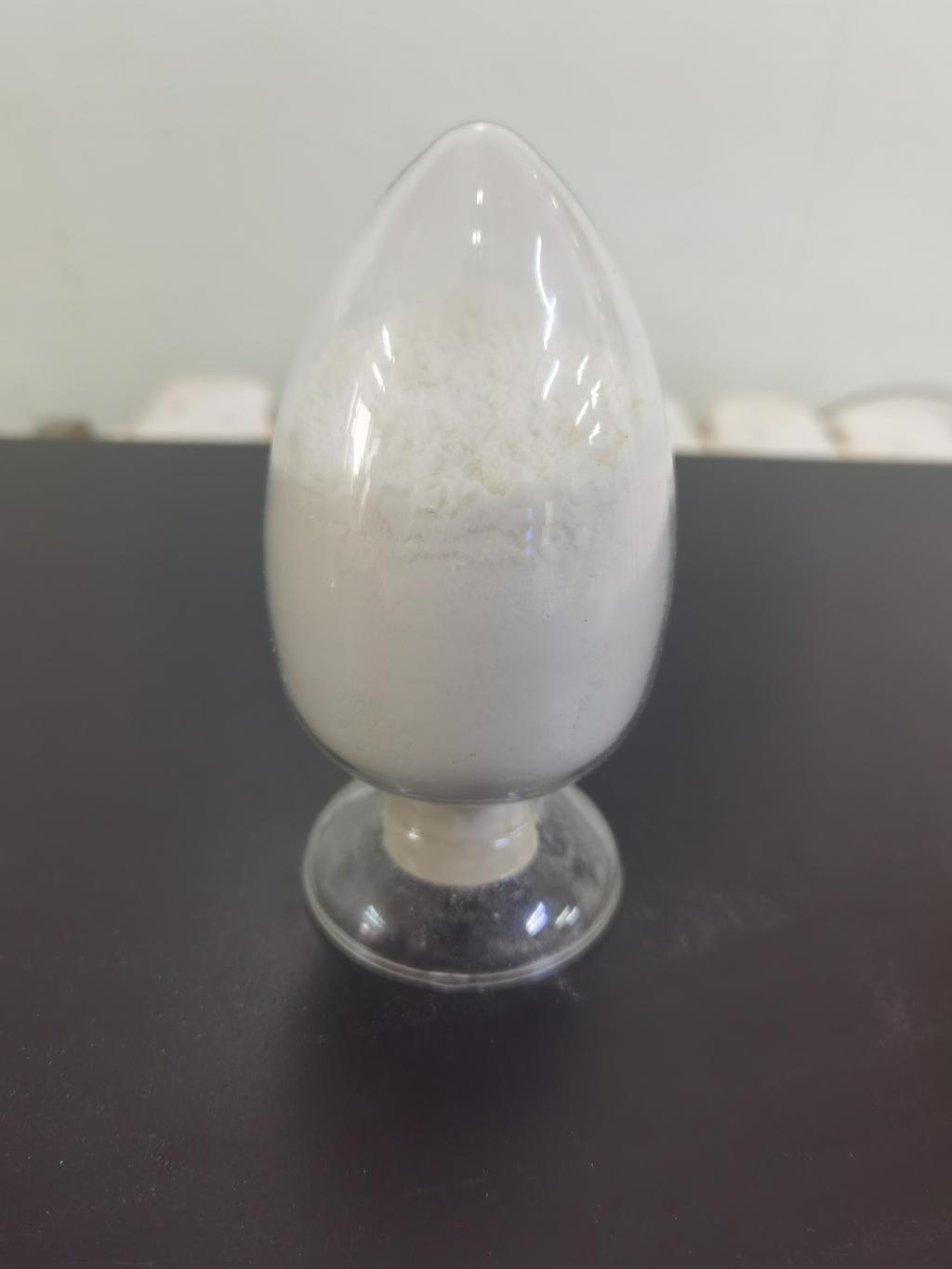Tel:+8618231198596

News
 CONTACT
CONTACT
 CONTACT
CONTACT
- Linkman:Linda Yao
- Tel: +8618231198596
- Email:linda.yao@dcpharma.cn
- Linkman:CHARLES.WANG
- Department:Overseas
- Tel: 0086 0311-85537378 0086 0311-85539701
News
Current Position:
Home >
News
>What is the regulatory status of ε-Polylysine hydrochloride in different countries?
What is the regulatory status of ε-Polylysine hydrochloride in different countries?
TIME:2023-03-24
In the European Union, ε-Polylysine hydrochloride is regulated as a food additive under the Commission Regulation (EU) No 231/2012, which establishes a list of permitted food additives and their conditions of use. Polylysine is listed under the category "Preservatives" with the code E 1633. The regulation specifies that polylysine may be used as a preservative in a variety of food products, including meat and poultry products, dairy products, and baked goods, among others. The maximum permitted level of polylysine in food products ranges from 100 to 500 mg/kg, depending on the type of food.
In the United States, ε-Polylysine hydrochloride is generally recognized as safe (GRAS) by the Food and Drug Administration (FDA) and is approved for use as a food preservative under the Code of Federal Regulations (CFR), Title 21, Part 172.870. The CFR specifies that polylysine may be used as a preservative in various food products, including meat and poultry products, cheese, and baked goods, among others. The maximum permitted level of polylysine in food products is 500 mg/kg.
In Canada, ε-Polylysine hydrochloride is regulated as a food additive under the Food and Drug Regulations, which establish a list of permitted food additives and their conditions of use. Polylysine is listed under the category "Food preservatives" with the code N-1. The regulation specifies that polylysine may be used as a preservative in a variety of food products, including meat and poultry products, cheese, and baked goods, among others. The maximum permitted level of polylysine in food products is 500 mg/kg.
In Japan, ε-Polylysine hydrochloride is regulated as a food additive under the Food Sanitation Act and its related regulations. Polylysine is listed under the category "Food preservatives" with the code ELP. The regulation specifies that polylysine may be used as a preservative in various food products, including meat and poultry products, dairy products, and confectionery, among others. The maximum permitted level of polylysine in food products is 500 mg/kg.
In China, ε-Polylysine hydrochloride is regulated as a food additive under the National Food Safety Standard. Polylysine is listed under the category "Food preservatives" with the code GB 2760-2014. The regulation specifies that polylysine may be used as a preservative in various food products, including meat and poultry products, dairy products, and fermented products, among others. The maximum permitted level of polylysine in food products is 1 g/kg.
In summary, ε-Polylysine hydrochloride is approved for use as a food preservative in various countries, including the European Union, the United States, Canada, Japan, and China. The maximum permitted level of polylysine in food products varies between countries, ranging from 100 mg/kg to 1 g/kg. It is important for food manufacturers to comply with the regulatory requirements in each country where their products are marketed to ensure the safety and legality of their products.
- Tel:+8618231198596
- Whatsapp:18231198596
- Chat With Skype







